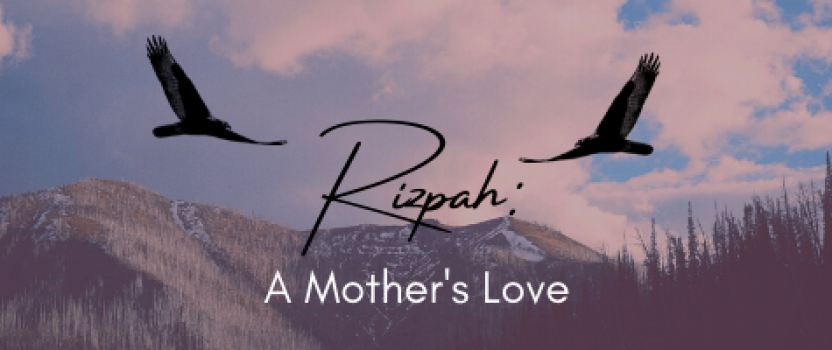It’s Complicated
As a pastor, Mother’s Day has always sat uncomfortably with me. Not because I don’t appreciate and want to celebrate my mother–I do (I love you, mom!)–but because this day is so complicated and so many people experience it in both positive and negative ways.
There are doting and proud mothers–some reaching motherhood for the first time!–and grateful children appreciative of their mothers.
There are also women who long to be mothers and struggle with infertility, and for whom this day is a difficult reminder of their heartache. There are mothers who have buried their children too soon, and there are children who grieve the death of their mothers. There are women who have no interest or calling to raise children, and mothers who want to be celebrated for more than their motherhood. There are foster and adoptive moms who know a different kind of motherhood–where “love is thicker than blood.” And there are those who have strained, broken, or missing relationships with their mothers or with their children.
In the context of a worldwide pandemic, Mother’s Day takes on a new cast, as many have not shared the time they would have liked with their mothers, children, or family–and maybe still can’t.
All of this weighs on my heart as I know people walking each and all of these journeys (and more).
Yes, this Sunday is complicated.
We can and should acknowledge that. And I’m glad we do at South Elkhorn, because that is where God meets us: in the complexity of our real lives, and with a presence of healing and wholeness for each of us no matter what road we are on.
The stories of women and mothers in the bible are complicated, too, sometimes tragic and beautiful at the same time. They were written down and recorded at a time when women’s names and contributions were often left out, and their voices regularly silenced (the genealogy of Jesus in Luke doesn’t even include Mary or any woman’s name, as was common).
While some things are different now, there are still ways that women’s names and contributions are left out, and voices regularly silenced. So I think it’s very important we hear a story about a woman and her grief-raging, king-shaming, holy love. It’s a love that draws us closer to the love God has for us, and for the way that love can and still does change our world.
See you Sunday,


